Islamic Republic Day and a single, universal community
By Mehrdad Torabi
(Mehrdad Torabi is an international relations expert with a degree from the University of Bologna, Italy.)
Forty two years ago today, the Iranian people, after emerging victorious from their struggle against the authoritarian rule of the domestic monarchical system amidst cries of freedom and independence, unanimously declared their final and determined decision for the establishment of a new order. A 98.2-percent majority voted for the establishment of the Islamic Republic.
In the West, liberal-rational laws of morality, leading to Social-Darwinism and Hegelian rational and organic society, becoming associated with German Nationalism, culminating in Hitler’s regime, proved not to be viable impediments vis-à-vis centuries of mayhem and bloodshed. Disregarding a synthesis, the rational antithesis of separation theory led to the separation of ethics and politics with catastrophic consequences for human life.
On the 12th of Farvardin 1979, an order was born that refuted dominant theories of separation of religion and state and brought to the forefront an Islamic government based on religious values and teachings. To accommodate the material and spiritual needs of all human beings, inspired by the salvaging laws and teachings of Islam, the Islamic Republic established a new form of governance that provides a new model of life in the sociopolitical arena of modern humankind.
The establishment of the Islamic Republic in Iran and the collapse of institutions of imperialism, in addition to internal developments, brought about changes in the international system. It marked the beginning of an end to colonialism. The Islamic Republic today resembles a cocoon of silk in which individual conscience has risen to its height against the exceptionalism of the powerful. The consciousness of the Iranian people is built from the bottom up. The people have reacted: ‘Enough of tyrannical policies of imperialism!’ For the people, Farvardin 12th is the beginning of a new phase of development based on self-reliance, popular mobilization, and a general will. It has been very important to organize and control our own [Islamic] organizations. And it has been important not only to organize but also to unite.
Despite ethnic and cultural diversity, the Iranian nation is united in heart under the flag of Islam. Not only within its own boundaries, but the Islamic Revolution has also given a supranational identity to great resisting nations beyond borders. In fact, resistance works like an intricate machine with tremendous friction so that things that are easily planned on paper can be executed only with great effort. Uncertainty, confusion, fatigue, error, and countless other imponderables all interfere. But in relentless struggles with the unforeseen, two qualities are indispensable: first, faith, which, even in the darkest hours, retains some glimmerings of the inner light that leads to truth; and second, the courage to follow this light wherever it may lead.
The struggle with imperialism, far from being mere history, continues as imperialism reinvents itself in new forms. What has united the people against it is, nevertheless, the supra-state ideology of Islam. Outside of its circle, nothing is enduring.
From the perspective of Islam, governance does not derive from the class position or dominance of a group or an individual. Rather, it is the crystallization of the political ideal of a nation with a common faith and perspective that must be organized so that in the process of its intellectual and ideological development, it can carve out its path toward its ultimate goal.
In the flow of its revolutionary evolution, our nation was cleansed of the dust and rust of the reign of decadence; it cleansed itself of intellectual impurities. It returned to the authentic Islamic worldview and intellectual positions.
The people were determined to establish their exemplary model society based on Islamic criteria. On these bases, and with respect to the Islamic content of the Iranian Revolution, which was a movement for the victory of all the oppressed people over their oppressors, the Islamic government of the people for the people prepares the ground for continuing this revolution at home and abroad. To actualize the ideological premises of the uprising, specifically, it strives to expand international relations with other Islamic movements and people in order to pave the way for the formation of a single, universal community.
(The views expressed in this article do not necessarily reflect those of Press TV.)
Hezbollah attacks Israeli forces after Lebanese homes blown up
World leaders, states hail ICC arrest warrants for Netanyahu, Gallant
MP: US accountable for possible Israeli 'foolishness' to attack Iraq
VIDEO | Israeli policies strangle Palestinian agriculture, economy
Iran's president offers condolences to Pakistan over terrorist attack
Canada’s Yukon town council at standstill over refusing oath to King Charles
Yemen's Houthi calls for jihad to protect Palestine against Israel
VIDEO | Internal rifts within Israel


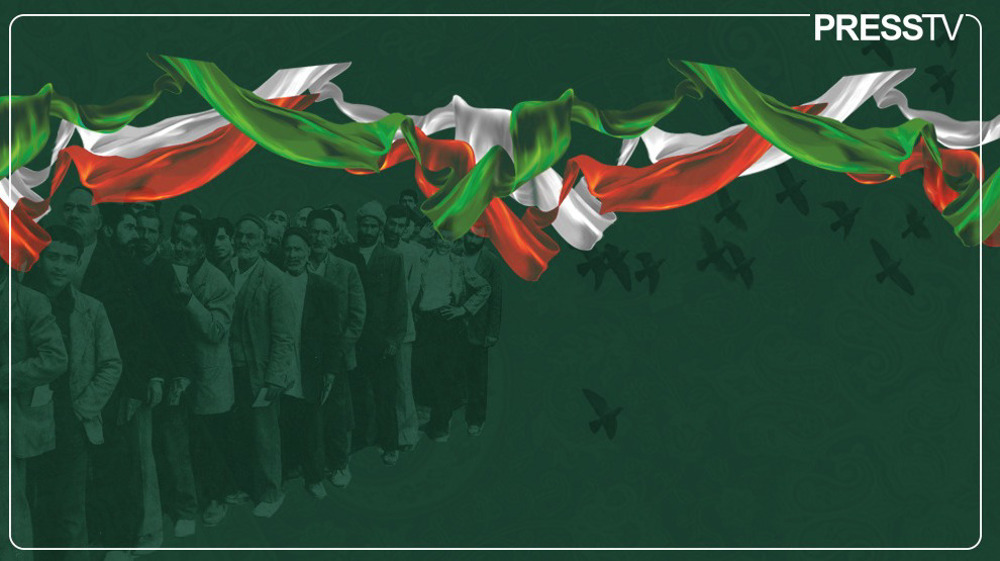
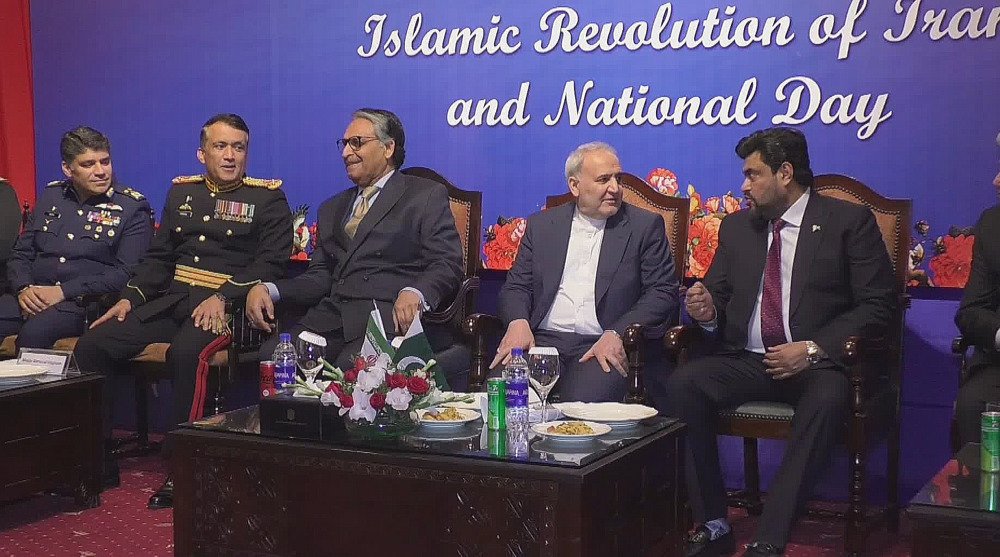
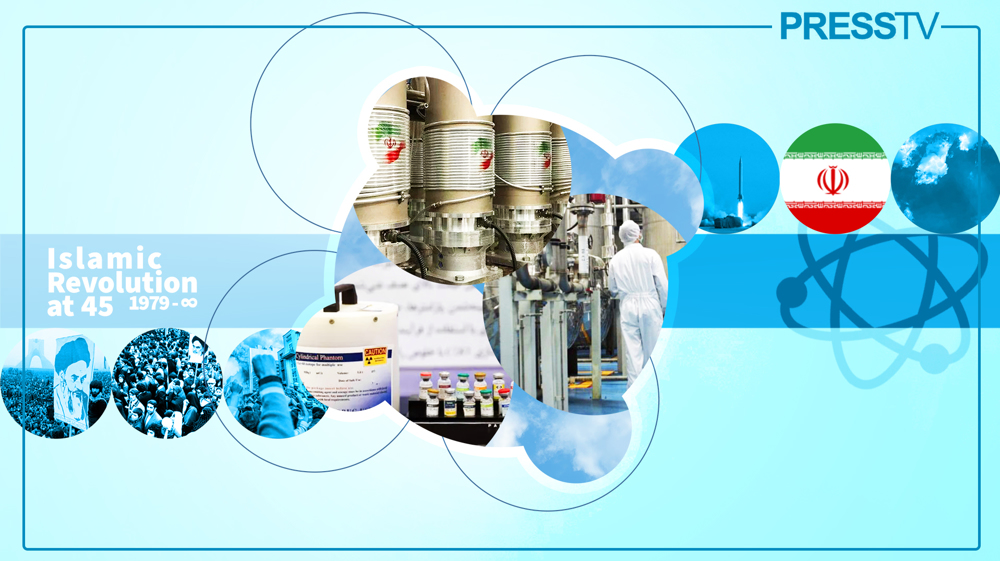
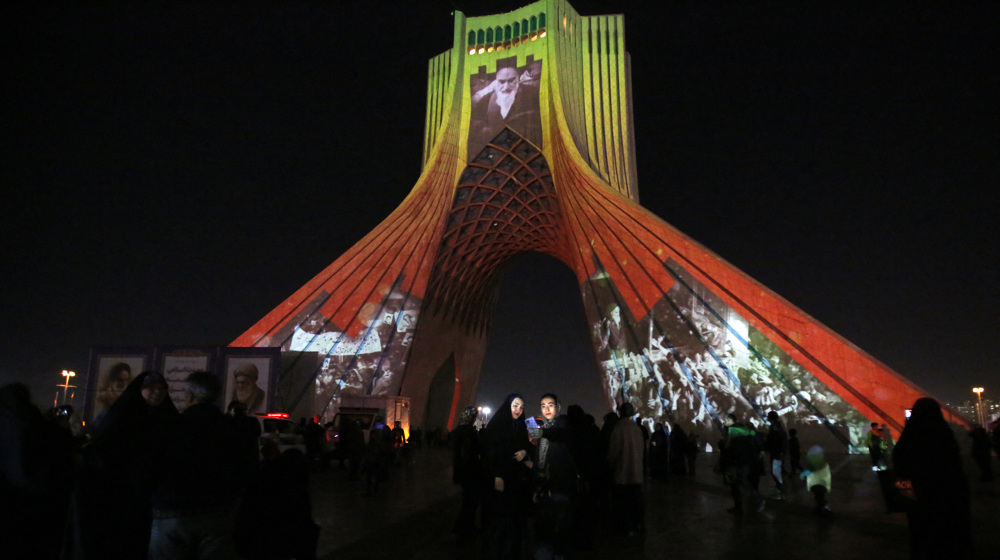



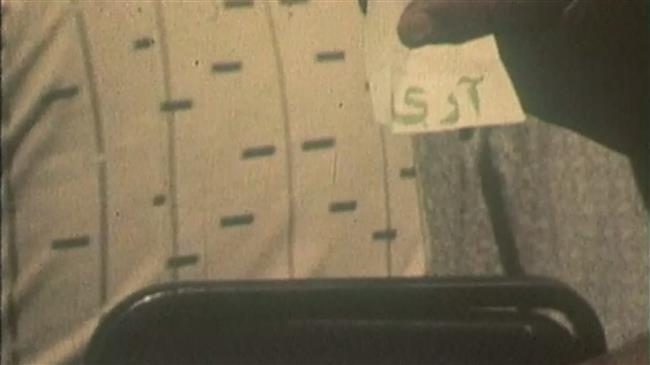
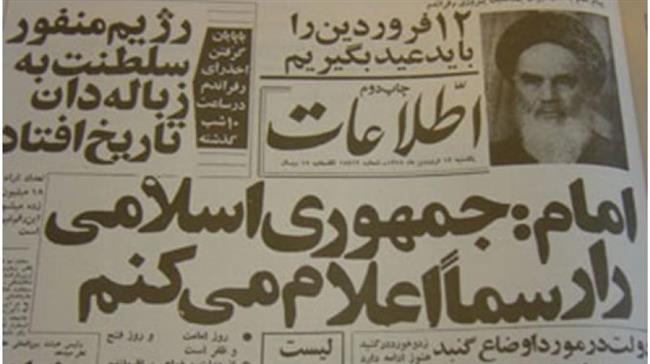

 This makes it easy to access the Press TV website
This makes it easy to access the Press TV website